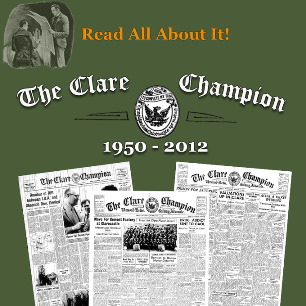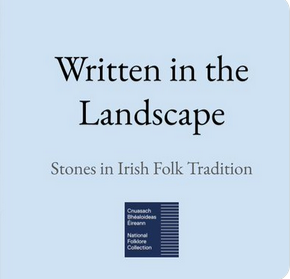The Central Statistics Office has announced more (preliminary) findings from Census 2022, which was taken in April in the Republic of Ireland. Its key findings were:
- The normally resident population increased by 88,800 persons, the largest 12-month increase since 2008.
- There were 120,700 immigrants, a 15-year high.
- Of those immigrants; 28,900 were returning Irish nationals, 24,300 were other EU nationals, and 4,500 were UK nationals.
- The remaining 63,000 immigrants were other nationals including almost 28,000 Ukrainians in the 12-month period.
- More people emigrated than in recent years with 59,600 persons departing the State compared with 54,000 in 2021.
- There was a natural increase of 27,700 people in the State comprised of 60,700 births less 33,000 deaths.
In the last ten years, year-on-year population growth has varied between 0.4% growth (+18,800 persons) in 2011–2012 to 1.8% growth (+88,800) in 2021–2022
Regional populations
The proportion of the population residing in Dublin has increased from 27.6% of the total in 2011 to 28.4% of the total in 2022 and is now at 1,451,000 persons.
The Mid-East and South-West had the second and third highest population by region with 753,000 and 734,600 people respectively, or a 14.8% and 14.4% share of total population.
Counties of the Mid-East, South-West, and Dublin NUTS 3 regions (Dublin, Kildare, Meath, Wicklow, Louth, Cork and Kerry) had a 57.6% share of the total population in April 2022, or 2,938,600 persons.
In April 2022, the region with the lowest contribution to the total population was the Midland region with 310,900 persons (6.1%) followed by the Border (420,900 or 8.3%), South-East (451,900 or 8.9%), West (480,300 or 9.4%) and Mid-West (497,800 or 9.8%) regions.

























